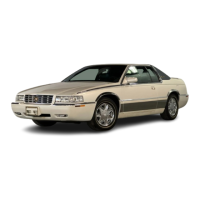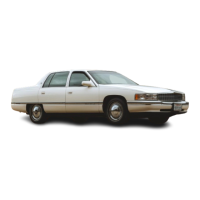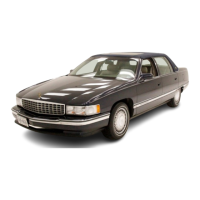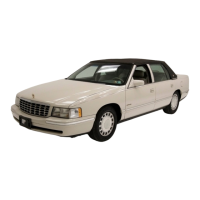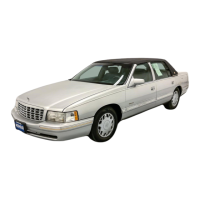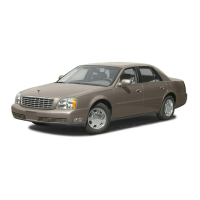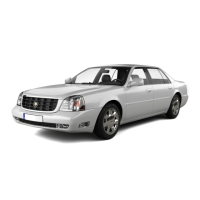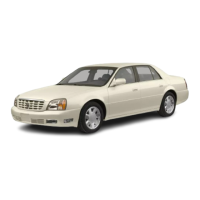The traction you can get
in
a curve depends on the
condition of your tires and the road surface, the angle at
which the curve
is
banked, and your speed.
While
you’re
in
a curve, speed is the one factor you can control.
Suppose you’re steering through a sharp curve. Then
you
suddenly accelerate. Both control systems
--
steering and
acceleration
--
have to do thejr work where the tires meet
the road. Adding
the
sudden acceleration can demand too
much of those places. You can lose control. Refer to
“Traction Control System”
in
the Index.
What should you do if this ever happens? Ease up on the
accelerator pedal, steer the vehicle the way you want it
to
go,
and slow down.
If
you have Stabilitrak, you may see the
STABILITY
ENGAGED message on the Driver Information Center.
See
“Stability Engaged Message’’
in
the Index.
Speed limit signs near curves warn that you should
adjust your speed. Of course, the posted speeds are
based on good weather and road conditions. Under less
favorable conditions you’ll want to
go
slower.
If
you need to reduce your speed as you approach a
curve, do it before you enter the curve, while your front
wheels
are
straight ahead.
Try
to adjust your speed
so
you can “drive” through the
curve. Maintain a reasonable, steady speed. Wait to
accelerate until you are out of the curve, and then
accelerate gently into the straightaway.
Steering in Emergencies
There are times when steering can
be
more effective than
braking. For example, you come over a
hill
and find a
truck stopped
in
your lane, or a car suddenly pulls out
from nowhere, or a child darts out from between parked
cars and stops right
in
front of you. You can avoid these
problems by braking
--
if
you can stop
in
time. But
sometimes you can’t; there isn’t room. That’s the time for
evasive action
--
steering around the problem.
Your vehicle can perform very well in emergencies like
these. First apply your brakes. (See “Braking in
Emergencies” earlier in this section.) It is better to
remove as much speed as you can from a possible
collision. Then steer around
the
problem, to
the
left or
right depending on the space available.
~
4-11
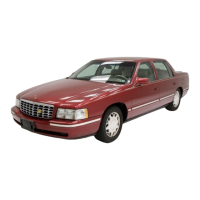
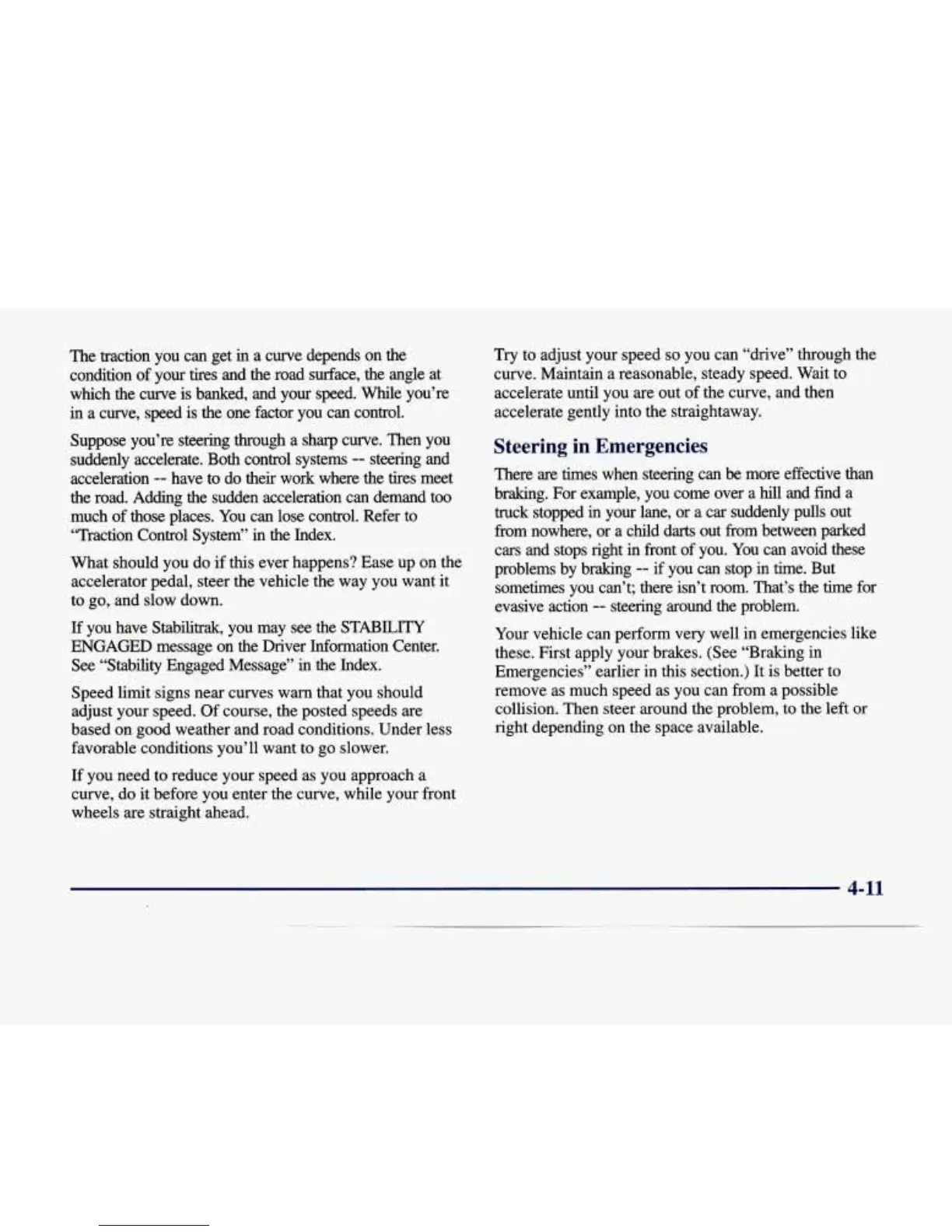